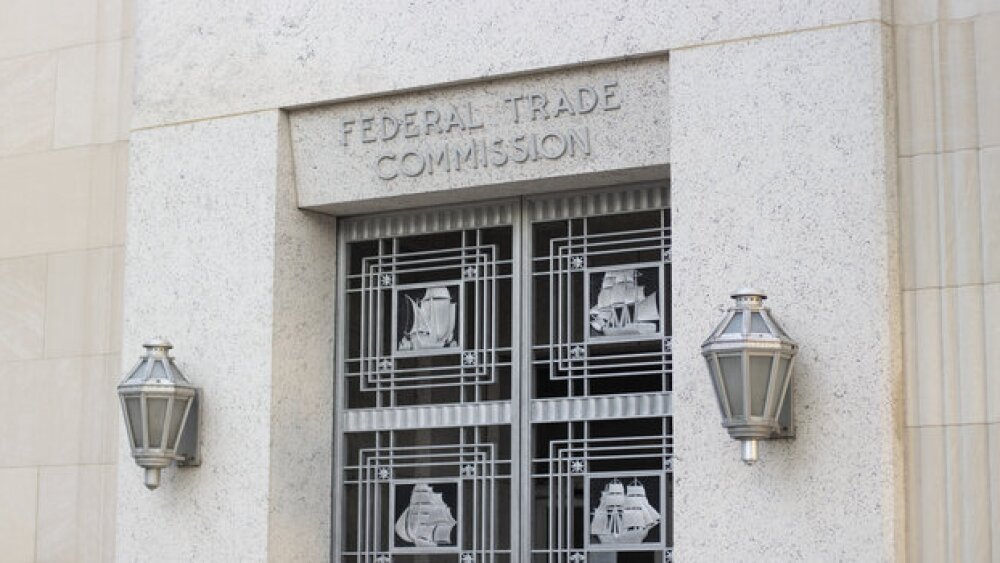Despite expectations of dealmaking leniency, new FTC chairman Andrew Ferguson told staff that he will retain the current 2023 FTC and DOJ guidelines on mergers, upholding stricter anti-trust scrutiny on deals.
Though President Trump made election promises of rolling back regulatory oversight, the Federal Trade Commission appears to be standing by a 2023 directive that set stricter anti-trust rules governing mergers.
In a letter to Federal Trade Commission (FTC) staffers on Tuesday, new Chairman Andrew Ferguson reiterated the need for “stability” as the government transitions to a new administration, writing that “we should prize stability and disfavor wholesale rescission.”
“If merger guidelines change with every new administration, they will become largely worthless to business and the courts,” Ferguson said, emphasizing for clarity that “the FTC’s and [Department of Justice’s] joint 2023 Merger Guidelines are in effect and are the framework for this agency’s merger-review analysis.” The 2023 guidelines mostly reflect prior iterations of U.S. merger policy and are in harmony with case law, according to Ferguson.
Still, Ferguson remains open to amendments to these guidelines, “if experience teaches that revisions are appropriate.”
Released in December 2023, the latest FTC and DOJ merger policies seek to set a higher anti-trust bar for companies to clear before gaining regulatory clearance for proposed combinations.
In particular, the guidelines noted that mergers have “a presumption of illegality” when they could “significantly” make a highly saturated market even more concentrated. Mergers could be deemed illegal if they “eliminate substantial competition” and when they “increase the risk of coordination.”
Other grounds for illegality include the elimination of a potential entrant into a saturated market, the creation of a firm that could curtail access to certain services that would otherwise be available to competitors and if a deal might serve to “entrench or extend a dominant position” in the industry.
Ferguson’s statements on Tuesday could come as an unpleasant surprise for the industry and analysts, following anticipation that a Trump administration could foster an environment more friendly to dealmaking and M&A activity. In a December 2024 report, S&P Global Market Intelligence argued that a Trump presidency could roll back regulatory scrutiny on deals—a departure from what had been the norm under previous FTC head Lina Khan, who oversaw protracted reviews of big contracts such as Novo’s acquisition of Catalent.
In an email to BioSpace in December, Mike Perrone, senior research analyst at Baird, said that a Trump administration “is expected to usher in a new era of a less restrictive FTC, which will likely result in increased M&A activity.”






